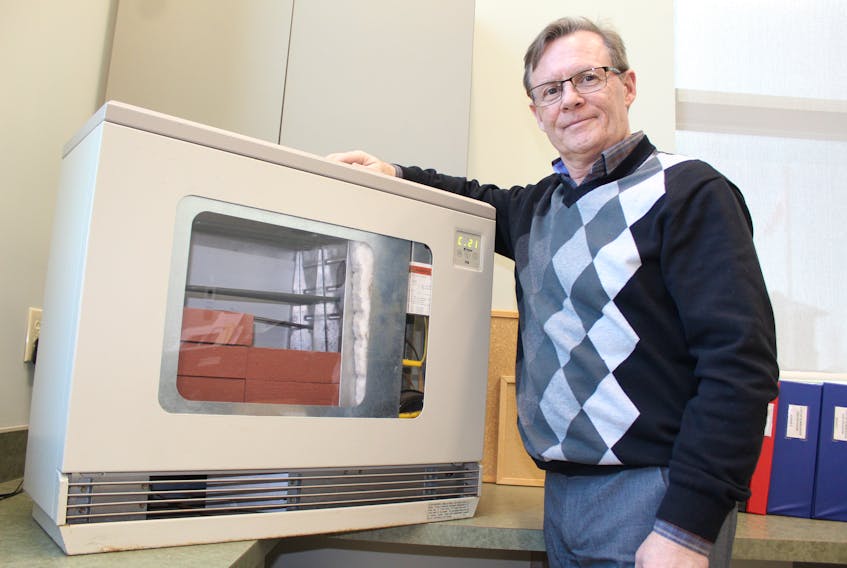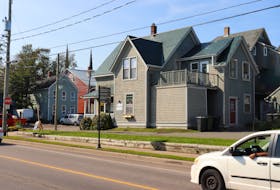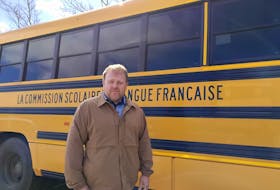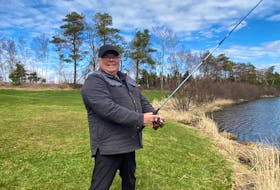SUMMERSIDE, P.E.I. — Summerside Electric is exporting some of its know-how up to Yukon.
The municipally-owned electric utility has cultivated a mentoring partnership with the Yukon Conservation Society (YCS), a non-profit organization that is rolling out an electric thermal storage (ETS) initiative, similar to Summerside's Heat for Less program.
"The idea is that we basically want to replicate what Summerside has been doing," said JP Pinard, an energy analyst with YCS.
Pinard's organization has received funding to buy and install 50 ETS units in homes and businesses throughout Whitehorse.
ETS units convert electricity to thermal energy and stores it in special bricks within the unit. That heat is then gradually expelled as needed. The bricks can be charged several times per day.
The units can be used by utilities as a way to store excess, locally-produced, renewable energy – which would otherwise be sold at a discount on the open market.
Summerside Electric started selling ETS units through its Heat for Less program in 2011 as a way to help capitalize on its 12-megawatt wind farm. It sells three kinds of ETS devices: a space-heater, a home furnace and a water heater. There are now 422 devices in 300 buildings in the city.
YCS plans to start by distributing the smaller space-heater units.
"We're a small community that has been able to leverage our resources ... (and) we've been flexible enough to try and experiment. With larger utilities that's tougher to do."
Pinard said his organization is hoping that getting these devices into their community will be the first step in moving Whitehorse toward a more sustainable energy future.
For example, he said, a local Indigenous development organization is working toward building a wind farm near Whitehorse that could produce up to 50-megawatts of power. That is enough energy to heat 5,000 homes. Since the ETS units will already be in place on the grid, it could help make that more project more economically viable and help get that project off the ground and the wind farm can eventually use the heaters to store excess energy.
"Essentially the purpose of this is to transition homeowners out of fossil fuel into renewable electricity," said Pinard.
"I think what Summerside will do is get Whitehorse started in the same direction and then I think together from here we'll be able to replicate this in many communities across the north – especially communities that have the wind resource."
Greg Gaudet, Summerside's director of Municipal Services, which includes Summerside Electric, said the utility has made Bobby Dunn, who manages the Heat for Less program, available to YCS and Pinard for periodic checking-ins and to share any advice or guidance he might have.
Dunn said he is happy to provide mentorship for Pinard and his group.
Summerside Electric was invited to a community partnership conference in Whitehorse, Jan. 29 and 30, and Dunn attended to share the city's experience with its ETS program.
P.E.I. is often playing catch-up when it comes to new technology, said Dunn, but this is a case where Islanders were ahead of the curve.
"Little Summerside has built a reputation," said Dunn.
"I think it's because we're a small utility," he added, "We're a small community that has been able to leverage our resources ... (and) we've been flexible enough to try and experiment. With larger utilities that's tougher to do."









